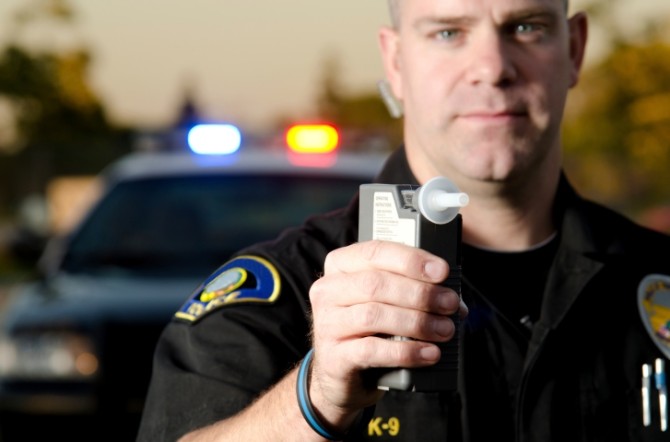You’ve been pulled over by the police for suspicion of drink driving and they want you to provide a DUI breath test sample or blood sample. Is it a crime to refuse the DUI breath test or provide a blood sample without a warrant? Luckily in South Carolina the answer is no, but in many other states it is a crime (13 states in fact, Alaska, Hawaii, Florida, Indiana, Kansas, Louisiana, Minnesota, Nebraska, North Dakota, Rhode Island, Tennessee, Vermont, and Virginia). That’s right, simply refusing to submit to a breath test or blood sample is a criminal offense in addition to the DUI charge.
Last week the U.S. Supreme Court agreed to hear arguments that will resolve the conflict between the states. There are two issues the Court will answer:
- Whether a blood or breath test for drink driving can be made without a search warrant, and;
- Can you be charged with a crime for refusing the test?
What about other states?
The Supreme Court of Hawaii recently struck down such a law making it a criminal offense for refusing an unwarranted breath test stating: A search falls under the Fourth Amendment and you can’t criminalize someone for exercising their constitutional right. Before the law in Hawaii was struck down the punishment for refusing to provide a breath or blood test was five days in jail, which was much higher than the actual drunk driving conviction of one day in jail. There are approximately 3,000 drunk driving cases that will now have a completely different outcome as a result of the law being found unconstitutional.
However, other states such as North Dakota make the refusal of a breath or blood test a crime punishable the same as a conviction for drunk driving.
Advocates that support making it a criminal offense for refusing to take the tests without a warrant claim it is a public safety issue despite your constitutional rights. Opponents cite the constitutional right against unreasonable government search and seizures delineated by the Fourth Amendment.
The U.S. Supreme Court has ruled that taking blood and urine samples is a search under the Fourth Amendment and therefore requires a warrant. See Missouri v. McNeely and here.
South Carolina does not have criminal punishment for refusals. This can be confusing because a refusal results in a possible suspension of your license up to six months depending on the facts but what is important to remember is that in South Carolina it is a civil issue regarding your license and does not result in having a criminal conviction on your record that will remain for life or result n possible jail time.
Charleston DUI Lawyer
If you are facing a DUI charge contact a Charleston DUI lawyer to fight your DUI arrest. The Dale Savage Law Firm offers free consultations. Call today at (843) 530-7813.

